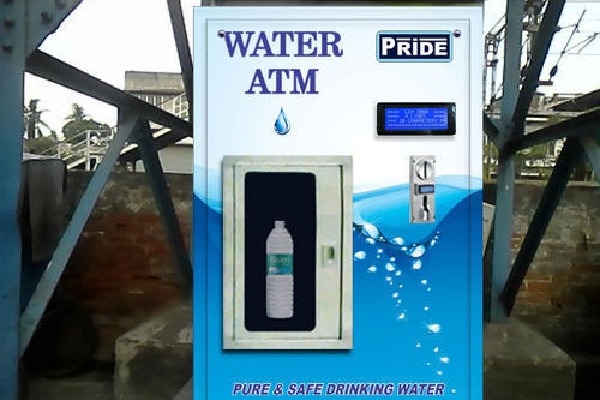Women water ATM operators turn entrepreneurs, educators

New Delhi, March 8: More than 500 water ATM operators and over 150 water ATM entrepreneur women across India not just manage water stores and disseminate water and sanitation related education, but also earn from water sale revenue thus making the water ATMs the pivots for their financial independence.
Coinciding with the International Women's Day, Safe Water Network India, an NGO which along with the USAID supported-SEWAH programme has been training women as water ATM plant operators and community mobilisers, said women empowerment is at the heart of every conversation and community project that it undertakes.
"As many as 548 water ATM operators and 152 water ATM women entrepreneurs from across India now manage their water stores and disseminate WASH education to the local community. They earn about Rs 3,200 per month from the water sale revenue," said Poonam Sewak, Vice President, Programme & Partnerships, Safe Water Network India.
"These water ATMs have become pivots around which women are setting up even small microenterprises such as street food and tea stalls to help people earn their daily wage," Sewak said.
She was speaking at an informative session that highlighted how Water Knowledge Resource Centres (WKRCs) under Project SEWAH (Sustainable Enterprises for Water & Health) of the USAID and Safe Water Network have become pivotal in encouraging economic empowerment of local women at the grassroots level.
The WKRCs have transformed into an education tool advocating inclusive and equitable water, sanitation, and hygiene (WASH) practices benefitting communities to improve public health, especially the lives of women and girl children.
Parag Agarwal, founder & CEO, JanaJal, a company that runs water ATMs, said, "Everybody should have access to safe water. The WASH activities majorly benefit women in urban slums and communities around WKRC, empowering them economically and socially."
During the Covid-19 pandemic, the women operating the water ATMs leveraged it to WKRCs, became community mobilisers, and generated awareness by amplifying the government guidelines on Covid care and protocol, a release said, adding, "They also educated the masses about using the COWIN app for vaccination."
A total of 110 active female self-help group (SGH) members have been trained in using field test kits for water quality testing as part of the Jal Jeevan Mission, the release added.